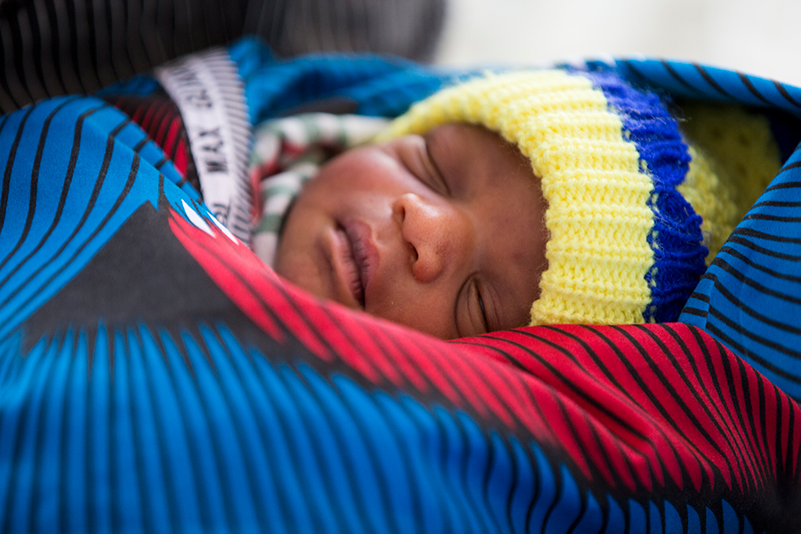
Our goal, through provision of quality reproductive healthcare, is to reduce maternal and child mortality and improve their health indicators, provide sexual reproductive health services among adolescents, and reduction of underage pregnancies.

Through our partners, we provide integrated health services for our beneficiaries, which include e.g. antenatal care, HIV testing and counselling, screening and early treatment of cervical cancer, and comprehensive sexual and reproductive health (SRH) education to adolescents. Community dialogue sessions are part of the outreach and advocacy efforts, provided at health centres. These dialogues, involving community members, religious and traditional leaders, encourage men to be supportive of their pregnant wives, and care for the new-born babies.
Our work with the Ministry of Health and Christian Health Association of Malawi has revealed critical need for health infrastructure. Therefore, we are building health facilities, especially maternity clinics, in remote areas, providing proper housing for the staff in a bid to retain qualified health staff in rural areas.
Some of our achievements from 2016: